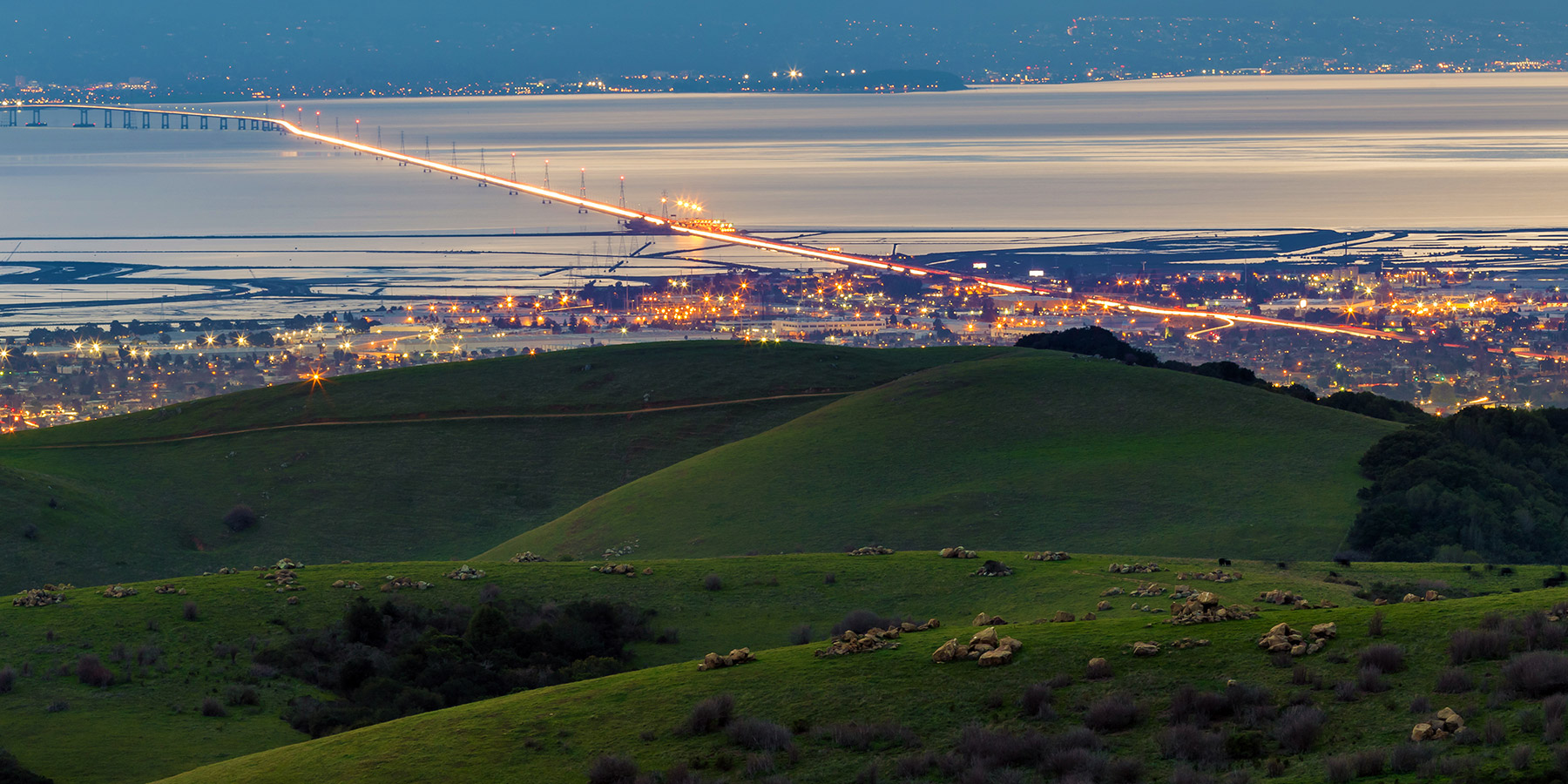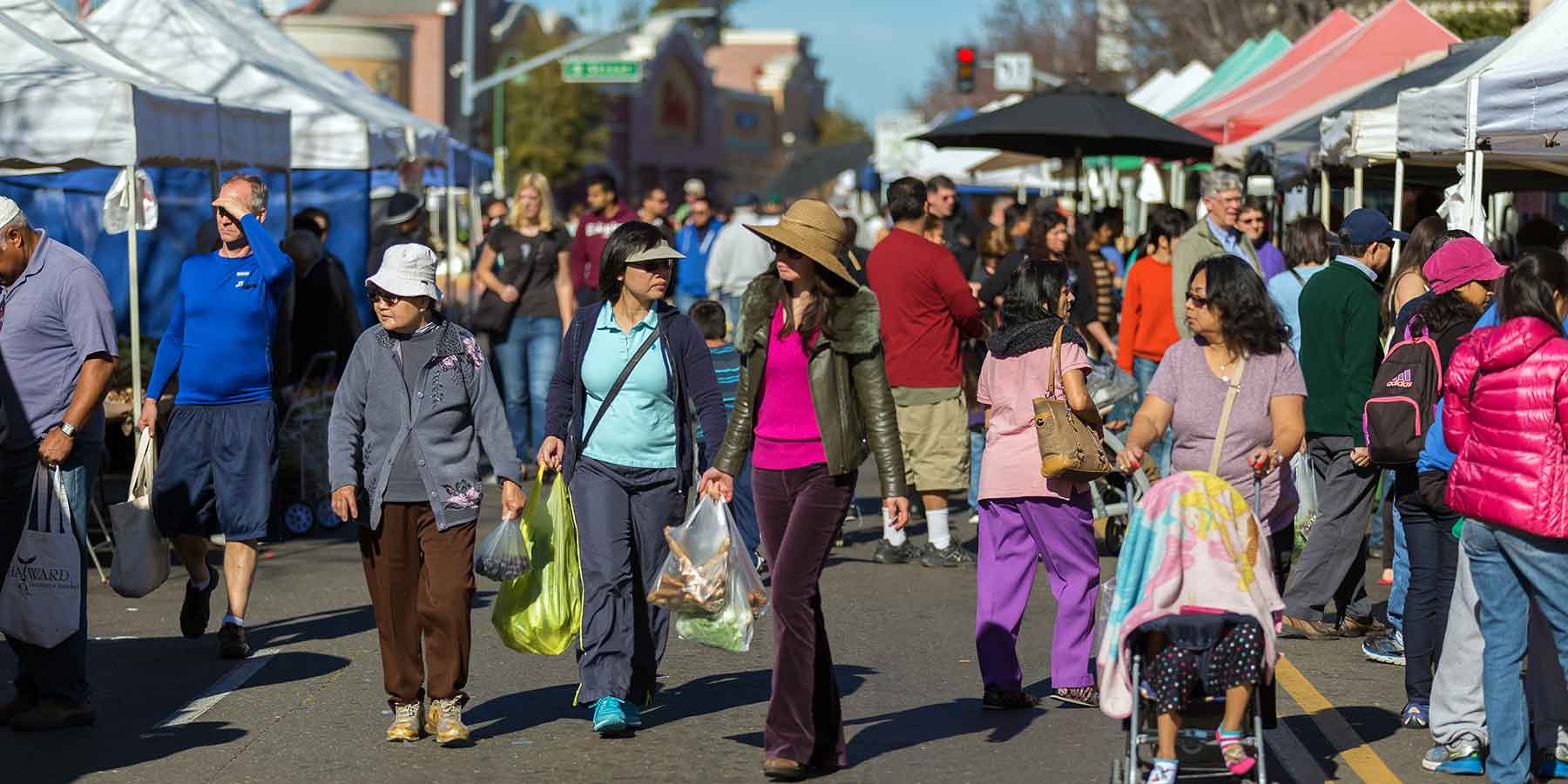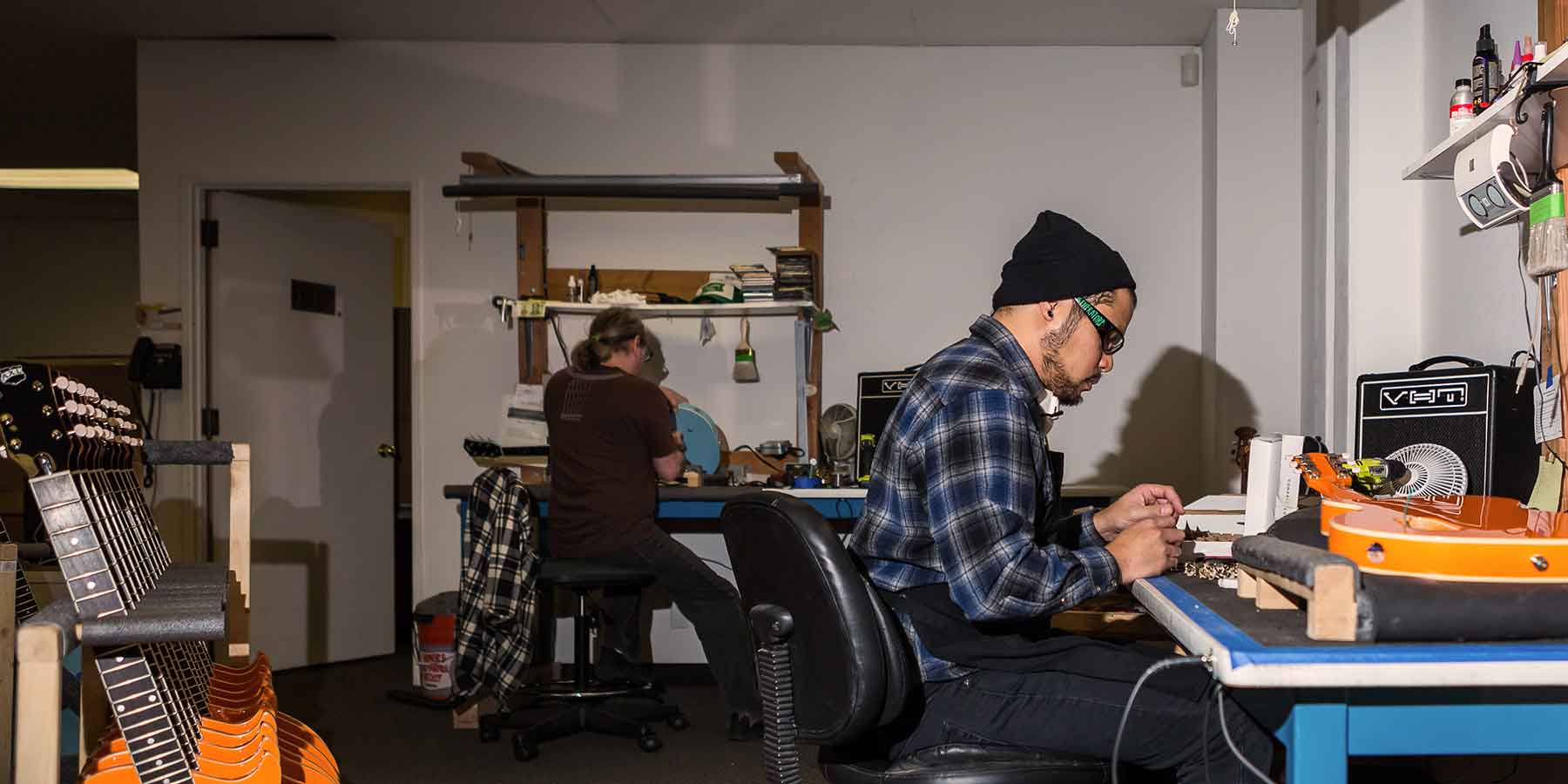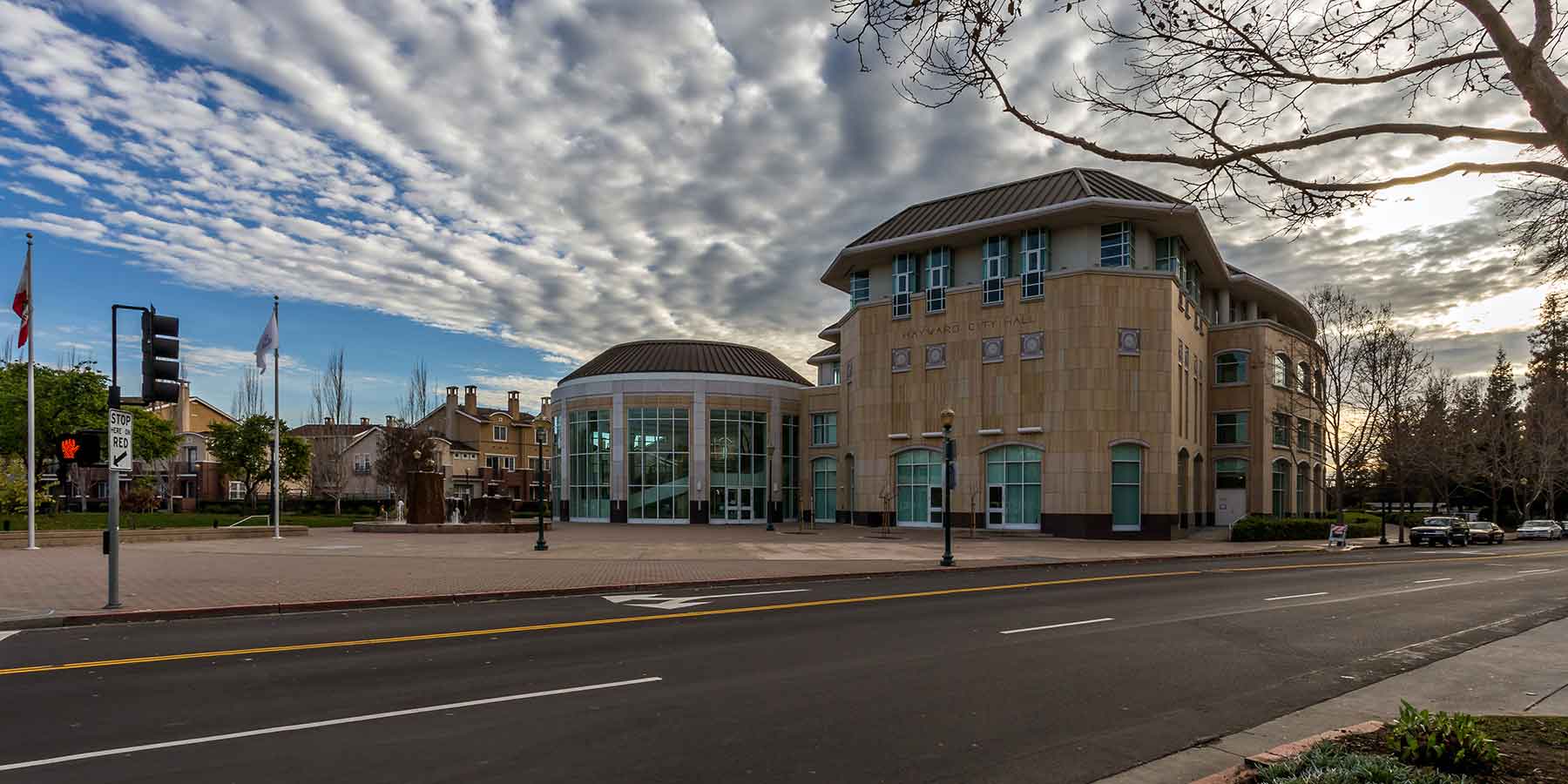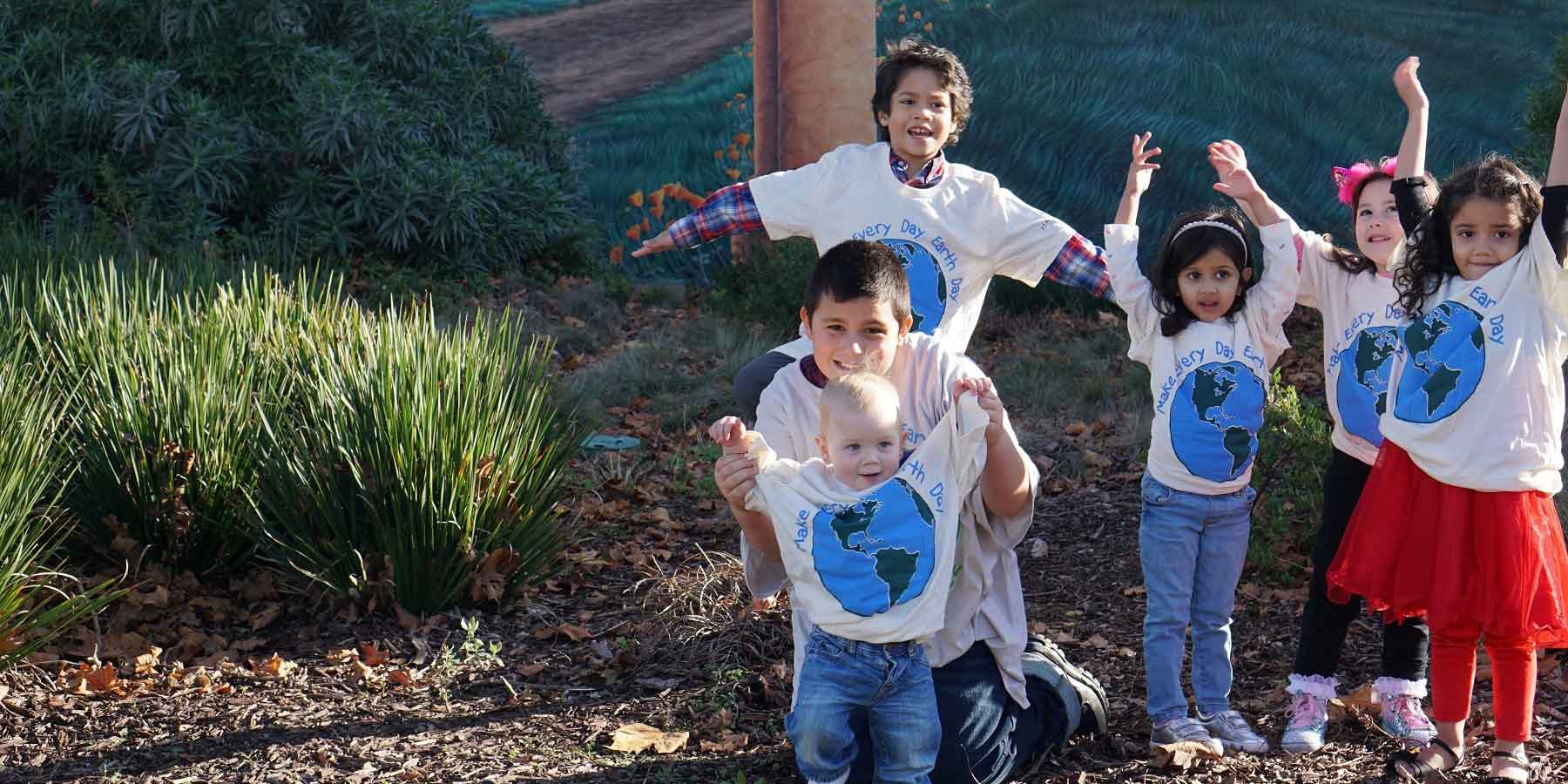Submitted by Anonymous on Fri, 04/24/2020 - 14:37
Staff Picks: The Great Believers by Rebecca Makkai
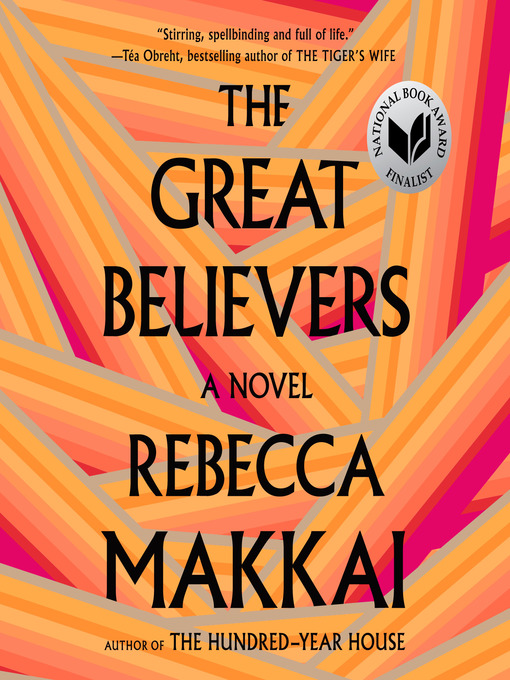 Picked by Michelle N.
Picked by Michelle N.It’s 1985. Yale’s career as the development director for an art gallery has just begun, his friend Nico has just died of AIDS, and almost everyone he knows is terrified or in denial or both. Nico’s little sister, Fiona, has become the key to a coup that could make or break Yale’s reputation in the art world.
It’s 2015. Fiona is trying to find her daughter, who disappeared into a cult years ago; a random bit of footage has led her to Paris. She’s staying with an old friend, Richard Campo, a photographer who famously documented the ravages of the AIDS crisis in Chicago in the 1980s and 90s.
Days pass in Paris. Fiona is frustrated at the pace of the private investigator’s search for her daughter and heads out to seek her on her own. Meanwhile, Richard and his partner urge her to just enjoy the city while she’s there. She’s not so sure she’s ready for the sorts of enjoyment that are on offer, though. Romance, trips through her own past—that’s not where she’s at. She's in too much pain, too worried about her daughter.
Weeks pass in Chicago, and then months. Disaster looms over Yale’s entire community; some people flee, some descend into debauchery, and some get political and fight to be seen and heard. But for Yale, there’s nothing to do but soldier on, try to close the next deal, try not to feel too alone and scared as his friends get sick, one by one. Meanwhile, he’s getting to know the elderly benefactor whose art collection may or may not be a windfall for his gallery. And she seems to know more about him than he thought he was revealing.
This story winds a sinuous path back and forth, back and forth, between a past when nobody knew who would be struck down next and a today shaped by the loss of a generation of young men. We get to be there in that past with Yale. We see what it does to him, what it feels like on a daily basis to be subject to irrational hatred and constantly on the edge of existential terror, meanwhile going through all the normal growing pains of being a young man just getting started in the world.
And we get to see, 30 years later, what carrying all that history, all the stories of all those extinguished lives, has done to Fiona, how it has scarred her—and, through her, scarred her daughter, who was only a baby during the worst of it.
I wasn’t there for the AIDS crisis in the same way Yale and Fiona were. Although I lived in San Francisco, or within an hour’s drive, during the 80s and 90s, and a relative I hadn’t seen in years died pretty early on, I was in middle school when things really hit the fan. So I was a little young to be very deeply affected, though of course I was aware of what was going on all around me.
I did work at a dry cleaning shop a few blocks from the Castro during the mid-90s, and I remember watching a lot of customers get sicker and sicker and eventually disappear. It was horrible, but they weren’t my community, my family, my friends. I knew I could become infected if I wasn’t careful, but I also knew I wasn’t at high risk. It wasn’t *personal* to me. It was just how things were. (I never believed I’d make it to age 30, but I didn’t think a virus would take me; I thought it would be that cowboy running the White House with his finger hovering a little too near The Button that would get us all in the end.)
The Great Believers makes AIDS personal. You will walk away from this book shaken. You’ll have some appreciation, if you didn’t before, of what a loss to us all was the loss of those young lives. What living in the middle of it was like—it was like a war, but one that you had to be ashamed of being the victim of, one that you kept to yourself as hard as you could if you wanted to have any chance of a happy life. What caring about and caring for so many young men who didn’t make it was like, what it was like to survive and try to build a life after losing literally everybody you cared about.
The book does this all unsentimentally, cleanly, without tear-jerking melodrama. It just lays the stories out, one beautifully-formed slab after another, each atop the last in ways that seem impossible because of the way the story goes back in time, and yet somehow perfect.
Read this book. Once you start you won’t be able to walk away, and it will hurt, but that lost generation deserves to be mourned. You’ll be glad you didn’t turn away.It’s 1985. Yale’s career as the development director for an art gallery has just begun, his friend Nico has just died of AIDS, and almost everyone he knows is terrified or in denial or both. Nico’s little sister, Fiona, has become the key to a coup that could make or break Yale’s reputation in the art world.
Click here to borrow the downloadable audiobook for free, or download the Hoopla app.


